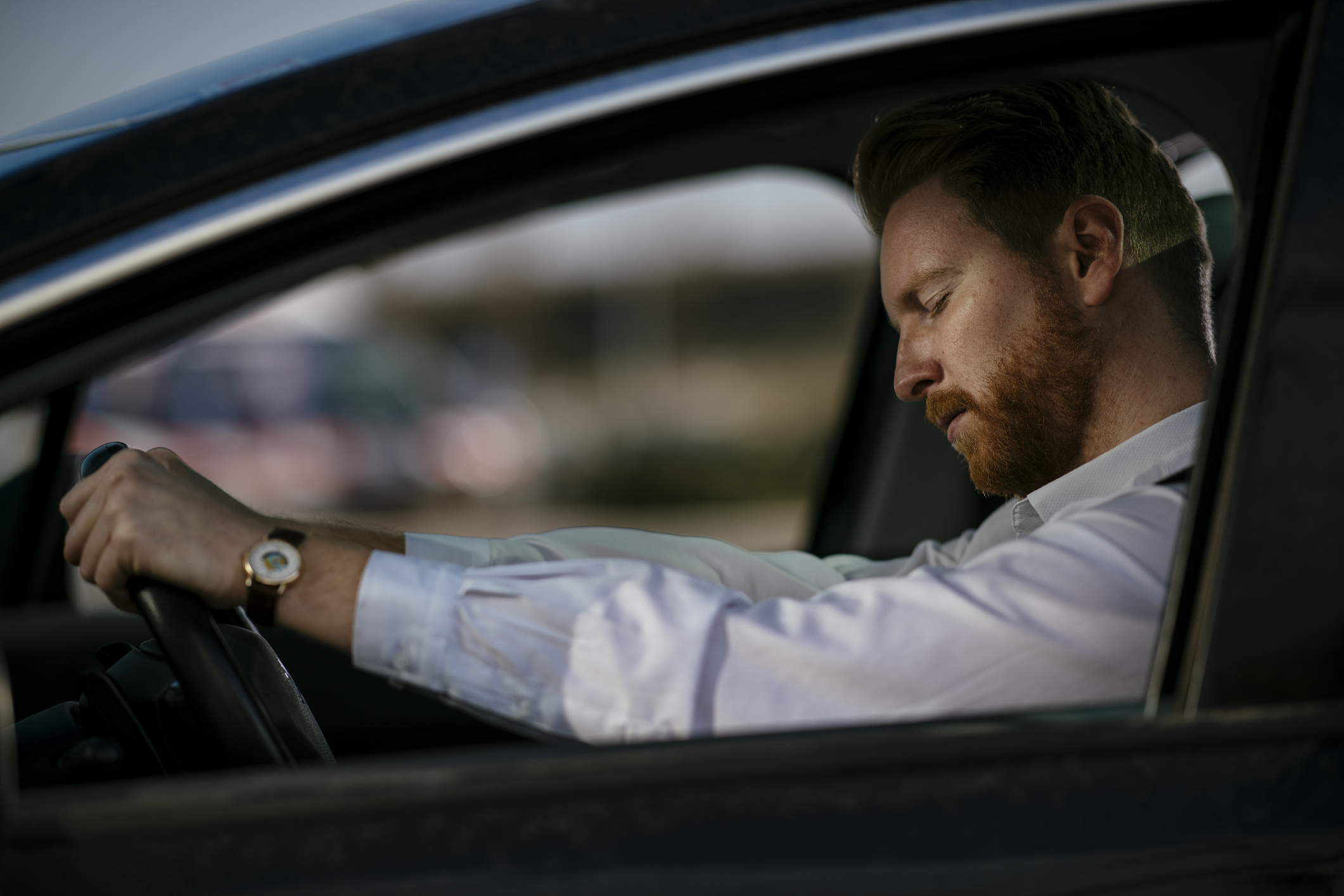In 2014 the rate of drunk driving hit a 13-year low. And since 1982, drunk driving deaths have been nearly cut in half. Why? Because a concerted effort by activists, non-profits, government and safety experts changed how the culture viewed driving under the influence. What was once accepted became unacceptable.
It’s time to take the same culture shift we’ve had on drunk driving to the issue of drowsy driving. And there’s no better time to do it than National Drowsy Driving Prevention Week, which runs from November 3 to 10. The need for urgency was brought home last week in a new study from the American Academy of Sleep Medicine that found that close to half of all Americans have struggled not to fall asleep while behind the wheel. And only 48 percent of respondents said they’d never driven while drowsy. Reports from the Centers for Disease Control and Prevention estimate that 1 in 25 adult drivers have fallen asleep while driving in the previous 30 days.
The consequences are deadly serious. An analysis by the AAA Foundation for Traffic Safety found that drowsy drivers are involved in over 300,000 accidents per year, 6,400 of which are fatal.
In fact, drunk driving and drowsy driving are connected by more than just the death and destruction they cause — they’re connected in the way they cause it. As researchers from the University of New South Wales discovered, when we stay awake for just 17 to 19 hours — just another normal day for millions of Americans — we experience levels of cognitive impairment comparable to when our blood alcohol level is at .05, just under the legal limit in the U.S. Stay up an hour or two more, and we’ve hit 0.1 — legally drunk.
But there’s one big difference between being sleep-deprived and being drunk — and how we arrive at that common level of impairment: most of the country isn’t walking around drunk on a daily basis. But we are walking around sleep-deprived. And according to a study last month by researchers from Ball State University in Indiana, it’s getting worse.
Among the main factors? Our always-on culture. “It’s almost like we’re addicted to more information, which does not allow your mind to rest and sleep,” Jagdish Khubchandani, the professor of health science who led the study, says.
We all feel it — we live in a culture that celebrates busyness and burnout. We go to work while drowsy, we socialize while drowsy, we parent while drowsy — we do everything while drowsy. So it’s not surprising that so many of us drive while drowsy.
The National Transportation Safety Board has declared fatigue to be “a pervasive problem in transportation,” added it to its “most wanted” list of safety improvements, and called for a “comprehensive approach” to combating it. Yes, tighter regulations can make a difference (which would include not relaxing current rules on how many hours truck drivers can work, as the Trump administration is considering). Sure, smart technology in cars that can sense fatigue is welcome. As are awareness campaigns, and even roadside signs reminding drowsy drivers to pull over. And we absolutely need to mount a campaign to make drowsy driving as socially unacceptable as drunk driving now is.
But if we’re going to truly move the needle on making our roads safer, we need to start by fundamentally redefining how our culture sees sleep — and not just when we’re behind the wheel. Highway safety is a public health issue — and so is sleep. But only one is treated that way.
According to The National Safety Council, an estimated 13 percent of workplace injuries — which cost the U.S. economy $400 billion annually — are sleep-related. Sleep deprivation heightens your risk for an incredible range of diseases and chronic conditions and doubles your risk of dying from cardiovascular disease. In short, sleep deprivation will put you on the road to bad outcomes — but you’ll hit them a lot sooner at 60 m.p.h.
So the best thing we can do for National Drowsy Driving Prevention Week is to stop living while drowsy. Yes, there are stop-gap drowsy driving measures you can take when you need to — you can find tips from the National Highway Traffic Safety Administration here. But the best one is the one they list first: “Getting adequate sleep on a daily basis is the only true way to protect yourself against the risks of driving when you’re drowsy.”
Subscribe here for my Weekly Thoughts Newsletter, where you’ll find my take on the week’s news, my favorite pieces on how we can thrive even in our stressful world, and some fun and inspiring extras.


